We arrived at a modest cafeteria in Alaró, where Carmen awaits us with a smile while a fine rain accompanies us to the interior. Just landed from the shoot of Chinchon, where Wes Anderson just shot Asteroid City, her next film, Carmen has a thousand heads. As usual.
Art Director , she has been working in production design for a long time. It was between filming and filming when she came up with an idea "to manage and develop between films", which materialized in a Spanish gourmet food business in Los Angeles –Españolita Foods & Imports– which lasted 3 years. Now that Spanish street food business in America is becoming an interesting regenerative tourism project in Spain.
Spanish was born with the intention of “share culture” . Every time Carmen traveled to Spain she felt the need to share photos of places to attract people sensitive enough to appreciate it and want to get to know it.
“I want to go to Spain with you”, many Americans commented to him through the photos that she uploaded to Instagram or that she showed them. And that's how she decided to make it real and turn Españolita into a project dedicated to experiential travel bound for secret and unusual places “that are not on the traditional tourist route”.
Those places that she already knew or was discovering: houses lost in the middle of the countryside, visits to workshops of master craftsmen or boat trips to hidden corners and coves. And don't bother trying to find them on your own because you won't make it: only Spanish can take you to them.
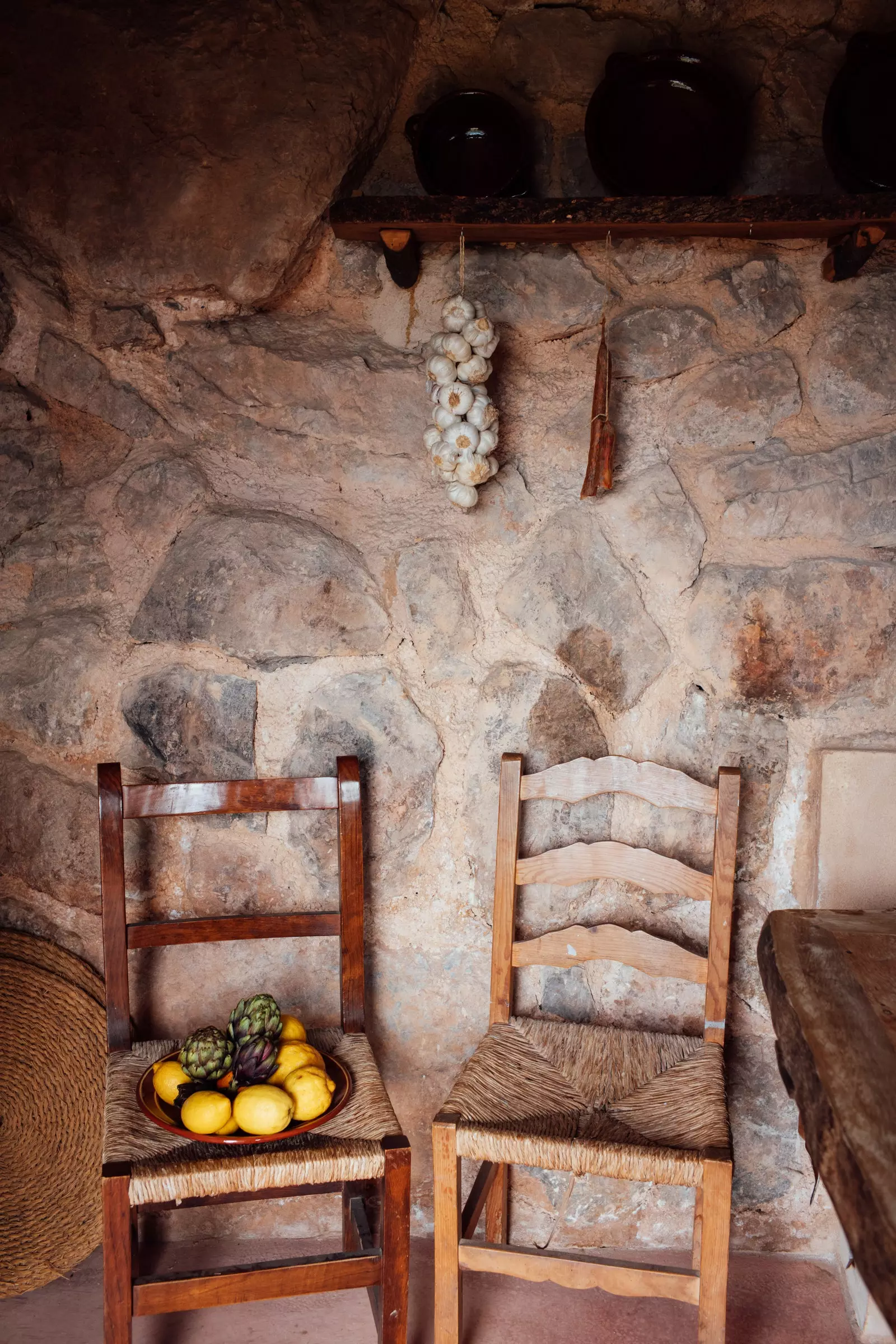
Españolita: the discovery of unique corners.
Spanish is not advertised, espanola is found , like all the places that Carmen discovers her guests and these, in turn, share with friends and acquaintances who enjoy the same sensitivity. The public selects and chooses itself or, in Carmen's words: “The audience discovers me through the right channels so as not to give them the wrong idea”. [...]
“Mine is not a luxury service, it is a luxury of experience ” and such experiences are responsible for creating those memories that “stay inside forever”, says Carmen.
The retreats are designed for groups of up to 12 people and her main clients are professionals with creative profiles: designers, architects or antique dealers who, as she says, "create a bond that goes beyond the trip".
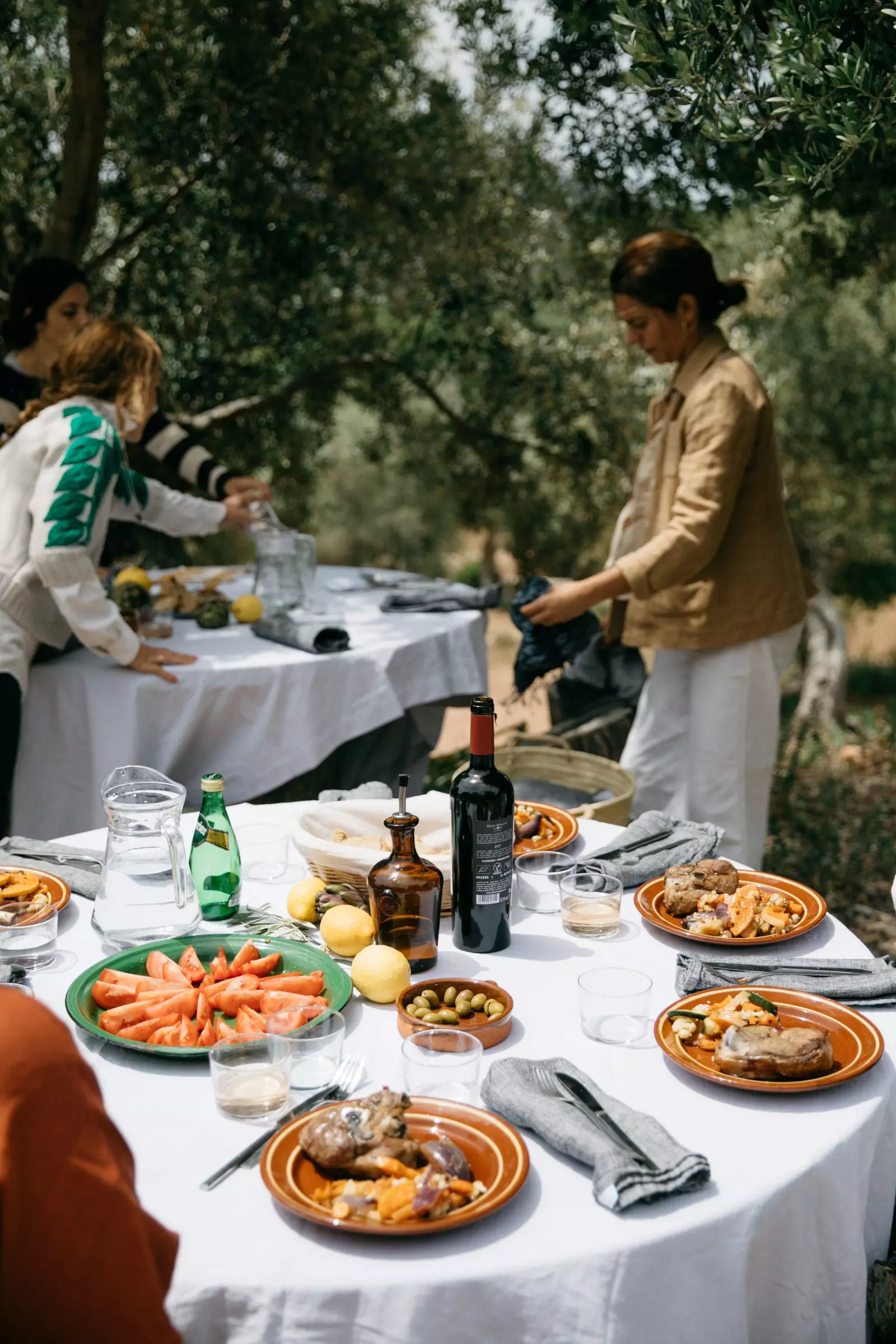
Gastronomy and good times.
As a result of a trip to Mexico, the publication of the 17 UN Sustainable Development Goals to transform the world and the arrival of the pandemic, Carmen had a revelation: “This It is a time to rethink tourism in Spain , to rethink global tourism in general and draw attention to the people who are being impacted or changed by this global pandemic.
How can I go deeper with Españolita? Taking the chance of this global impasse to redirect all my qualities, interests and possibilities in a direction that is really preserve the cultural and natural heritage of Spain through experiential trips and other sustainable activities and create a Heritage University [...] through which people will be able to live a month of immersion with an artisan, a farmer, a shepherd…”
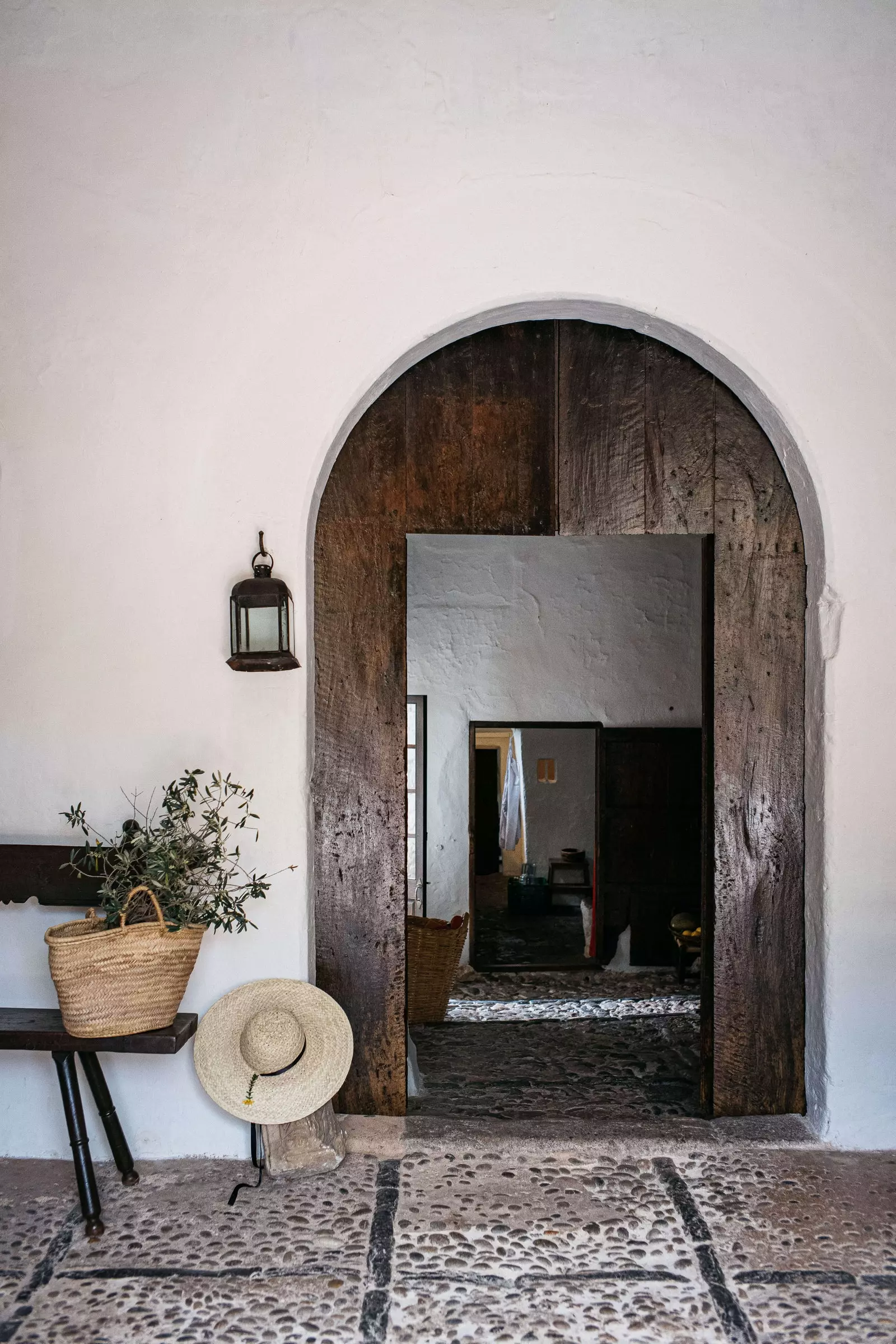
Secret and atypical places to discover.
With this great goal in mind, Carmen got down to work to see how she could redirect Españolita towards her new goal: regenerative tourism ; a sustainable way of traveling focused on actively improving, revitalizing and regenerating the conditions of a destination creating a positive impact on the environment and communities that inhabit it.
In its origins, Españolita was focused on "transmitting love for caring" while now her mission has acquired “a deeper and more dedicated commitment to preserve and conserve the cultural and natural heritage of Spain” . To do this, the creator of ella has divided her project into several parts that include the activation of a network of heritage custodians : owners of houses with legacy, regenerators of the landscape, artisans and experts in history... all with a series of objectives so that it is the travelers who help to preserve and spread it.
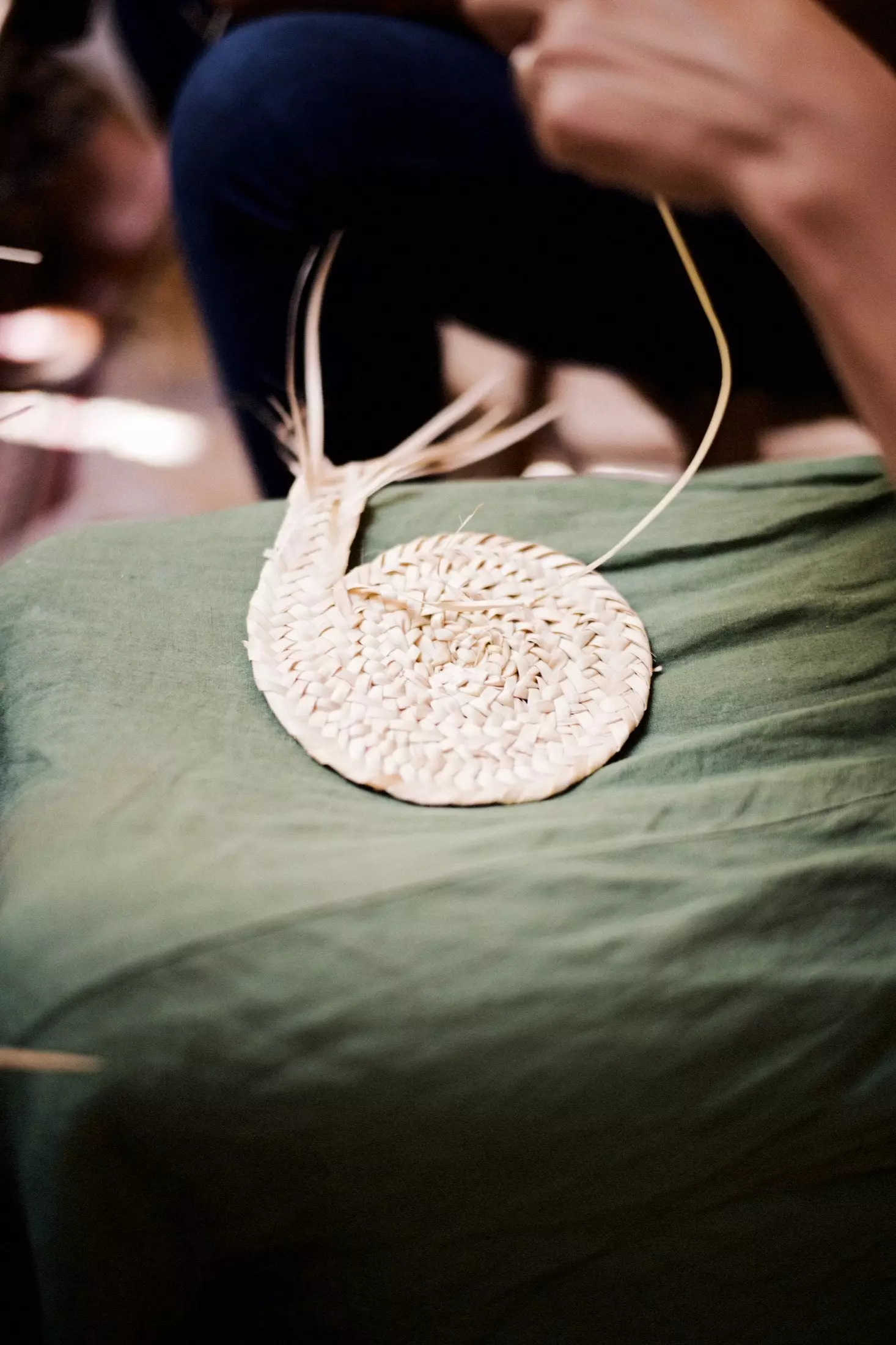
Crafts are a fundamental part of the routes of Españolita.
“I don't work for you. You work for me and you are a part of how I am going to preserve the cultural legacy of Spain”, explains Carmen. It is no longer just a question of devising retreats around the Mediterranean to take people to forgotten places”, but of stays and experiences that expand the range of products and services and turn it into regenerative tourism: “Active tourism that is part of the change”.
One of the ethical dilemmas that Carmen finds herself with is “How do we talk about regenerative or sustainable tourism when you are getting on a plane?” To do this, she has thought of a way to redirect it through a social innovation project through which she will design parameters that measure the impact on the preservation of heritage in a specific territory.
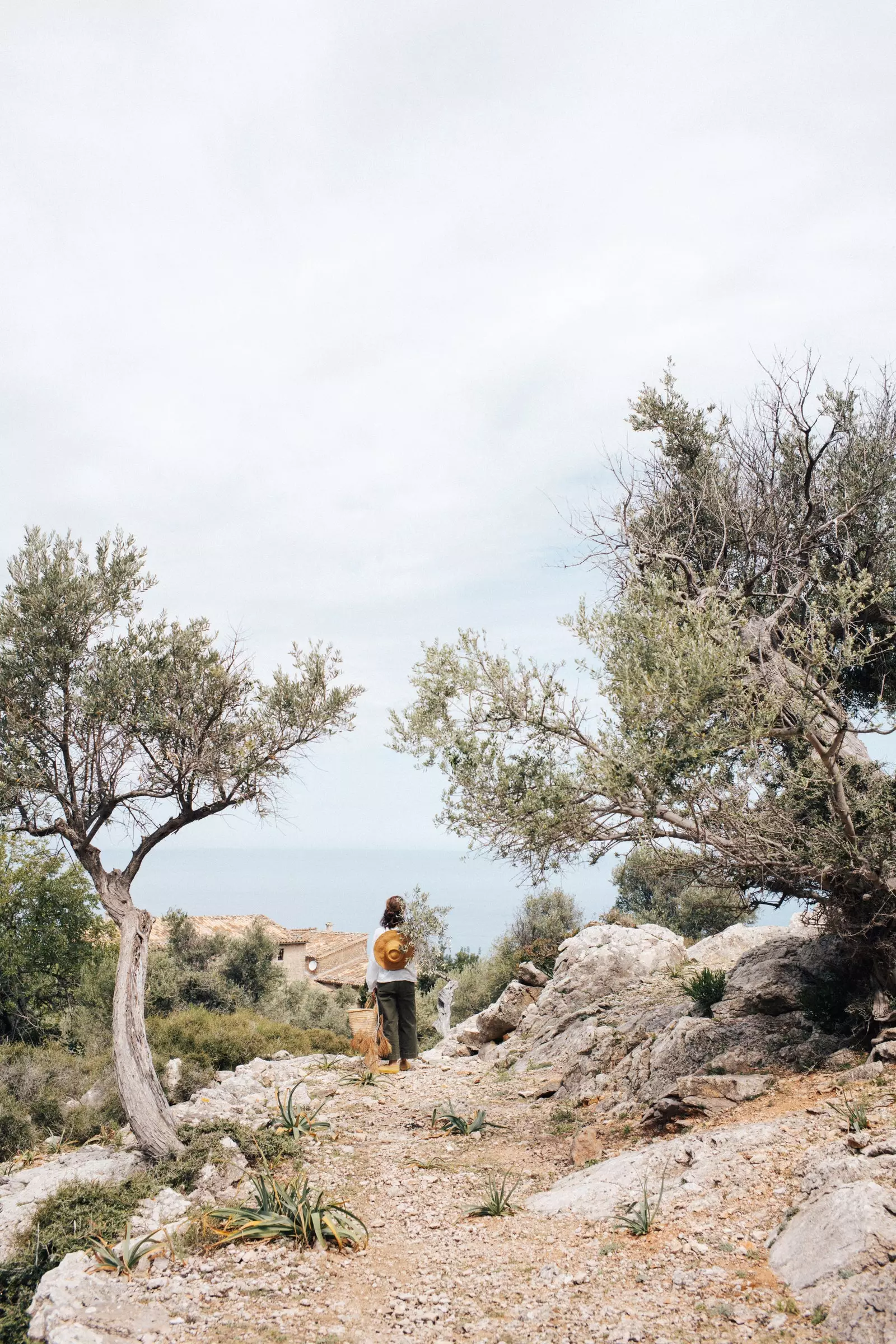
A new way to travel.
With this new face, Españolita wants to relaunch the pilot in Mallorca, Andalusia and the north of Spain and she already has activities planned for next spring.
An ambitious but very timely project for the moment we are living and whose final objective is well worth the effort.
